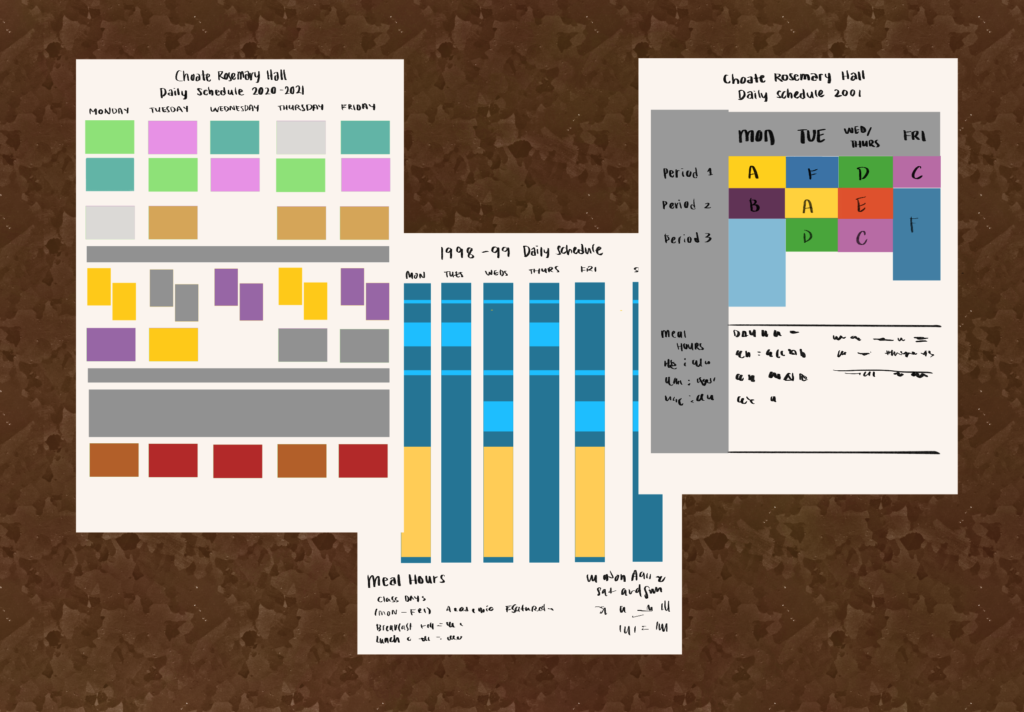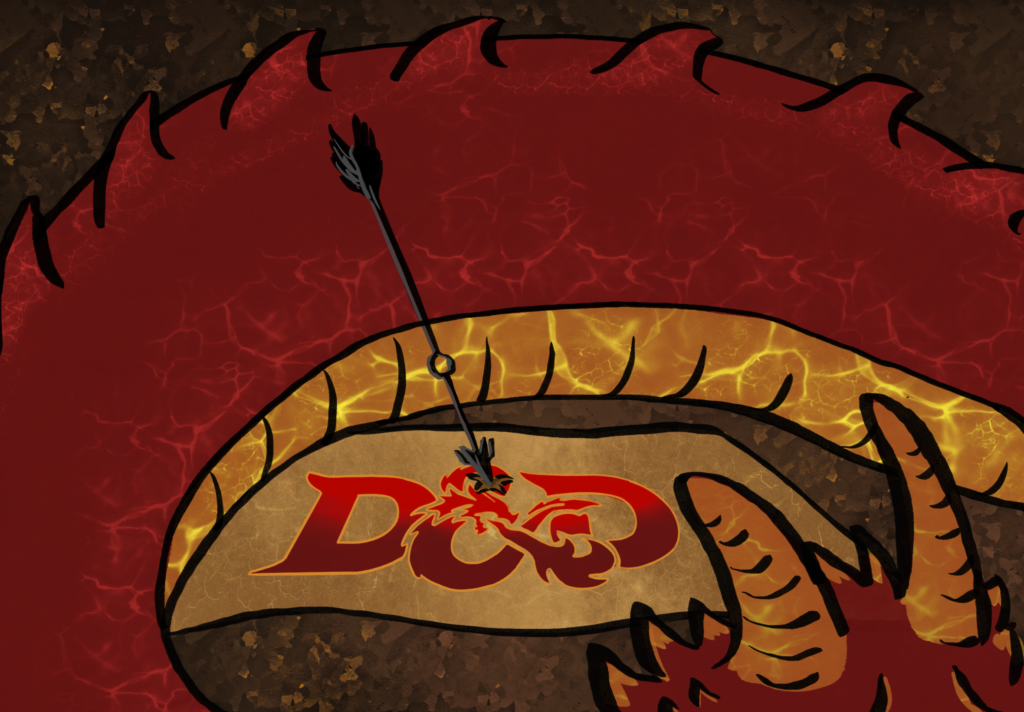When I first saw the word “Wildboars” (and not, as is proper, “Wild Boars”) emblazoned on our 2015 Service Day shirts, my first thought was: if ‘wildboar’ was actually a word, what would it mean?
Sure, it was a weird question. But the day ‘wildboar’ becomes legitimate isn’t as far off as you might think. Many words, like schoolboy and pickpocket, were originally two words: ‘school boy’ and ‘pick pocket.’ Over time, the two words came together and formed a new word. This process, called compounding, is an effective way to generate new words.
According to Ms. Tianlin Ford, a language teacher who studied sound construction in graduate school, the reason words are compounded is that “people were trying to create new words to describe things that began to exist in their lives, but didn’t yet exist in their language.”
Words are also compounded because it’s easier to create new words out of existing ones. “Other people who are unfamiliar with the word can then reliably discern the meaning of the new word,” explained Ms. Ford. If I say the word ‘boathouse,’ because the word is made of two recognizable components you can discern that a boathouse is a building that stores boats.
Commonly, the compounded word has two parts: the head and the modifier. In our ‘schoolboy’ example, ‘school’ modifies the meaning of ‘boy’ (the head), and, thus, the word ‘schoolboy’ has the combined definition of the head and modifier. Generally in compounds, the modifier is changing the definition of the head. However, in cases like ‘pickpocket,’ the relationship is less clear. ‘Pickpocket’ does not describe a certain type of pocket, but rather a type of thief.
In that sense, the word ‘wildboar’ could take on various meanings; it could refer to a kind of overtly undomesticated boar, or it could mean something like: the person who keeps wild boars. It all depends on the circumstances that lead to the compounding of the word.
In this case, an innocent printing error suggested a new word. However, people compound words in English all the time. One of the theories explaining the process of compounding is called the teenage girl effect.
The teenage girl effect is the theory that teenage girls are driving changes in language. Usually these changes originate in colloquial speech, often by teenage girls. “As a society, in a lot of places, young girls communicate at a higher pace compared to other groups,” explained Ms. Ford. After the new word is repeated enough times, it gradually becomes a part of the language.
Most compound words follow a similar trajectory, which consists of three stages: the open form, the hyphenated form, and the closed form. The open form is simply two words separated by a space: ‘school boy.’ Sometimes, that compound will transition into the hyphenated form, ‘school-boy,’ in order to more clearly emphasize that the compound refers to one entity. Later, the word can drop the hyphen in a transition to the final closed form.
Not all words advance through these stages at the same rate. For example, the word Italian-American is one word, but French Canadian remains two. It is hard to pinpoint the reasons for these differences.
“English is a very difficult language to explain, since it’s been influenced by so many other languages,” commented Ms. Ford. “We have many speculations, but we don’t really know. It’s hard to catch something in action.”
The word-compounding process was particularly notable during the advent of the personal computer and the Internet. Suddenly, there was a multitude of new concepts that existing words could not express. People coined terms like ‘laptop.’ Ms. Ford remarked, “We live in a society that’s constantly evolving, and we have a need to come up with words to describe the constantly evolving society.” Some of those words, too, have already begun the compounding process. The word ‘e-mail’ was originally hyphenated, and, while many purists still insist on that spelling, others prefer the simple ‘email.’
So would it be possible for ‘wild boar’ to make a similar journey to one word? In Ms. Ford’s opinion, “If a new word is used enough times, it will become a part of the language.”
Fair enough, but, as a teenage girl, I think I’ll start using this word to see if it catches on. Hey, Deerfield, are you sure you want to pick a fight with the Wildboars?




